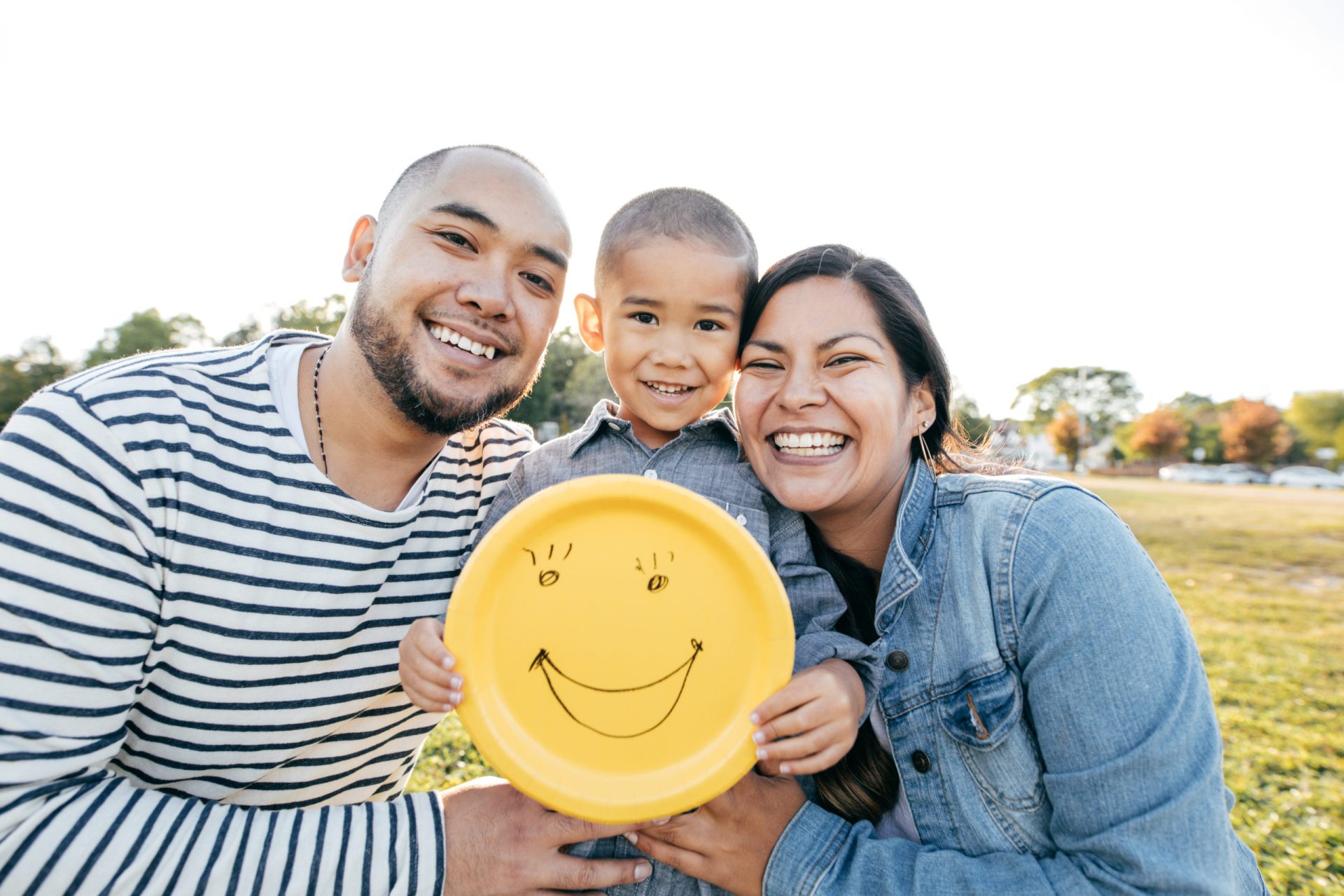Mental Health Fundraising Ideas That Make a Real Impact

Mental illness touches the lives of many people. In fact, one in every five adults in the US has a mental illness, according to the National Institute of Mental Health. To show your support for those facing challenging times, you can start a mental health fundraiser or you can share your own mental health journey with others. Below, we offer some suggestions about how you can make an impact in the lives of people with mental illnesses.
Important mental health statistics to know
- Mental Health America reports that 56% of adults in the US with a mental illness don’t receive treatment.
- Of the adults who were left untreated, 50% reported the inability to pay for the high costs of treatment.
- Depression among youth is on the rise, from 5.9% in 2013 to 8.2% in 2018.
- 64.1% of adolescents facing major depression don’t receive treatment.
- The second leading cause of death for people ages 15 to 29 is suicide.
Seven mental health fundraising ideas to make a real impact
1. Mental health fundraising
Be an advocate for those in need by crowdfunding for a cause you’re passionate about. Whether you’d like to start raising money for mental health charities or personally fundraise to help a loved one with medical expenses, GoFundMe makes it easy for you to give back in a meaningful way through fundraising. Aren’t sure how to fundraise for mental health? Read about our top fundraising tips to get started.
2. Expand your knowledge
Increasing your knowledge about a topic is an important step toward spreading more understanding around it. If you’d like to become an advocate for equal health care for mental health, take the time to learn about the different mental illnesses, treatments, and when it’s time to ask for help. That way, as you share your story and your knowledge with others, they may share their mental health journeys with you.
3. Start a conversation
The stigma attached to mental health makes it a difficult conversation to start. To overcome that stigma, create an environment where open discussion is welcome. Try talking to someone about mental health by sharing your own story and experiences. Being vulnerable about your journey may help your friend or loved feel more comfortable sharing what they’re going through. Learn more about how you can form a care team to help start the conversation.
4. Craft care packages
You can encourage sound mental health by promoting self-care. One way to accomplish this is to organize and send care packages filled with feel-good items. While people should always seek out the help of a medical professional, things like coloring books and calming tea can be a comfort to someone living with anxiety, depression, and other mental illnesses. It’s always meaningful to show someone you care with a kind gesture.
5. Share your story
Showing vulnerabilities is a challenge for everyone, but the impact it can have on others is profound. Comedian and Netflix star Maria Bamford’s fundraiser for stigma-free mental health tells her story of having bipolar disorder and raises funds for the National Alliance on Mental Illness at the same time. Not only did she share her story, but she raised money for others in similar situations to get help they need but can’t afford.
6. Go social
Take the initiative to create a hashtag that reflects some aspect of mental health. You can encourage people to start a conversation online by asking your friends to use the hashtag with their online networks. You can also try to encourage thoughtful and constructive conversation around mental health with your hashtag. For example, you could share tips on how you work through a particularly tough anxiety attack so that you can help others in their own experiences.
7. Host a community-wide fundraising event
Get your local community involved by organizing a fundraising event to help raise money for mental health. You can make the event educational by designing games that inform those attending of different mental illnesses and how to be a better friend to someone living with a mental illness. Make sure you promote your event on different social media channels to get the word out.
Mental health fundraising can help spread joy and positivity
Help address the stigma around mental health head-on by promoting education and minimizing misconceptions about mental illnesses. Sign up for a GoFundMe and start making fundraising for mental health today.